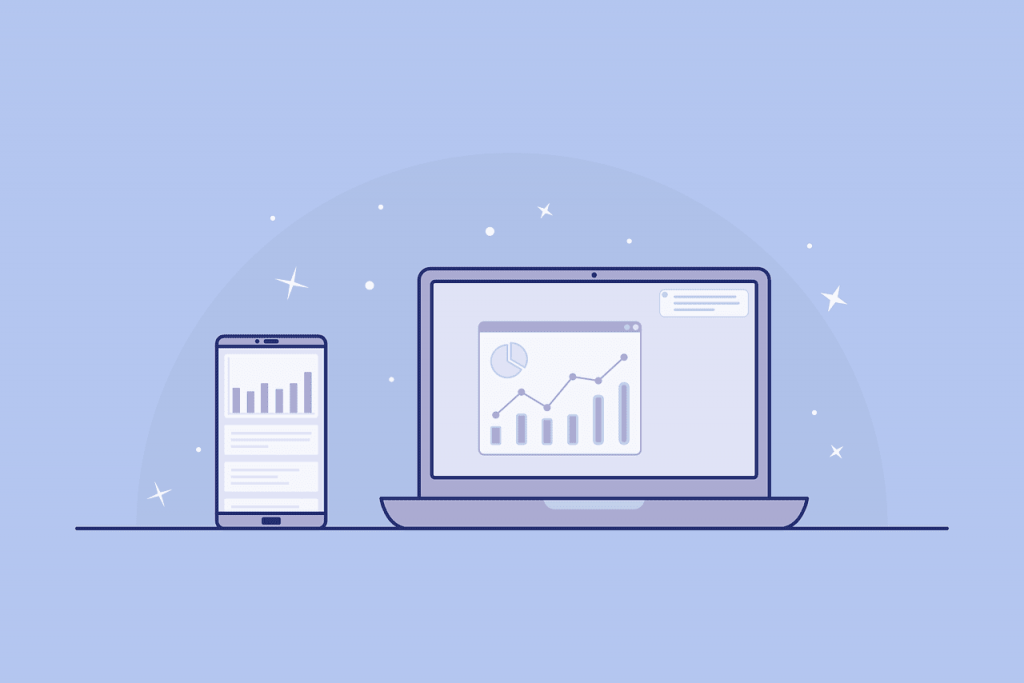
In this article, we will talk about the components of local marketing and the rules for working with them.
What is included in the marketing of locations
Maps
Probably the most important tool with which to start working with location marketing.
Fortunately (and unfortunately), maps are not only Google.
Maps are OpenStreetMaps (Instagram, Garmin, Maps.me take data from them), Foursquare (they take data from Apple, Samsung, Microsoft, Snapchat, Twitter, Uber, etc.). Maps are all the same Waze, HereWeGo, and other navigators that your potential customers use every day.
To make maps an effective tool for attracting customers, you need to place relevant information about the company and outlets on each of them.
Basic Information:
- a single standard of the name;
- correct logo;
- current description;
- correct addresses and phone numbers;
- working hours of outlets;
- current site address;
- alternative communication methods.
Additional Information:
- photos;
- tags on the cards should be where the business is located;
- there should be no duplicates on the map;
- answers to all (including negative) customer reviews;
- list of services;
- business status (work or not);
- additional options (e.g. Wi-Fi).
Catalogs
Directories and bulletin boards essentially cover three needs:
- Any catalog is another platform for the sale of goods and services on which a part of your target audience “lives”.
- Any directory is an eternal backlink that boosts the site’s ranking for search engines.
- Any catalog is another way to “cannibalize” the search engine for a brand or category query.
The first and second points have reservations (not all CAs are in directories, not all eternal links are needed, etc.), but collectively directories, as platforms for improving the online presence index, are a very good tool. Plus, the same Google increases the ranking of an individual business in search results if you use the same name, phone number, and address.
Advertising
No one canceled the advertisement. In principle, even if you do not do any of the above, you can collect local requests using advertising that is configured to show within a certain radius from the outlet.
Location Reputation Management
Communication with users is the key to successful location marketing, regardless of which tools you use:
- publish news and announcements;
- work with reviews;
- promptly answer customer questions;
- interact with the audience in the comments.
Each platform on which you can place a business has its own algorithms for assessing the quality of work with user feedback.
But, regardless of the metrics, the algorithms take into account:
- The consistency of publications, so it is important to compose a sequence of publications, tone-of-voice brand in all channels (both posts and communication with users), a way to respond to negatives, and adhere to these constants if they prove their effectiveness.
- Speed of responses. Much depends on how quickly you respond to reviews, comments, and messages. For example, the same company status on Facebook depends on the speed of responses, and a Google map user can quickly change his mind and delete a negative review if he immediately receives a response.
Analytics
Last but not least. If you are not the first day in marketing, then you should not be told about metrics. But it’s worthwhile to talk about an additional level of metrics that can be collected from the Google My Business (and which rarely is used by anyone): calls, constructed routes, transitions to the site, the workload of offline locations, etc.
Picture Credit: Pexels
